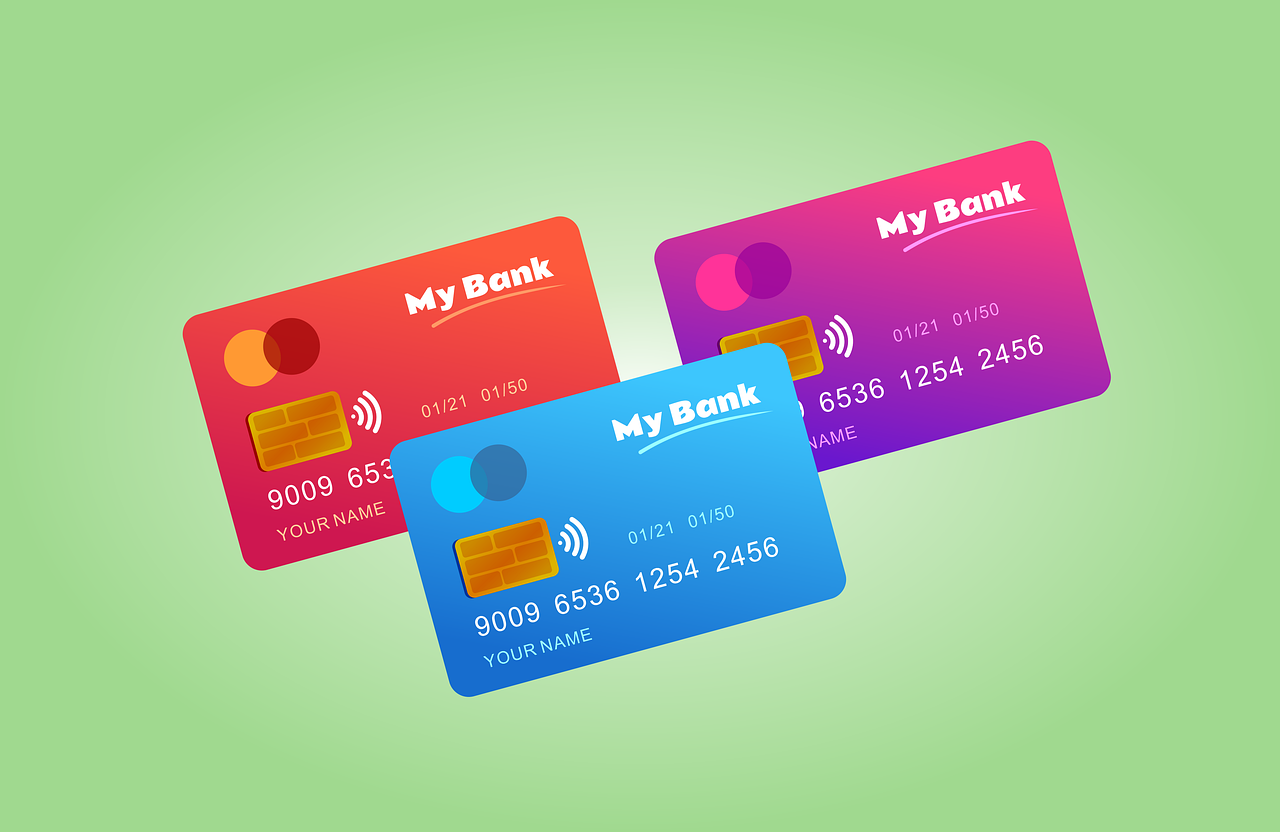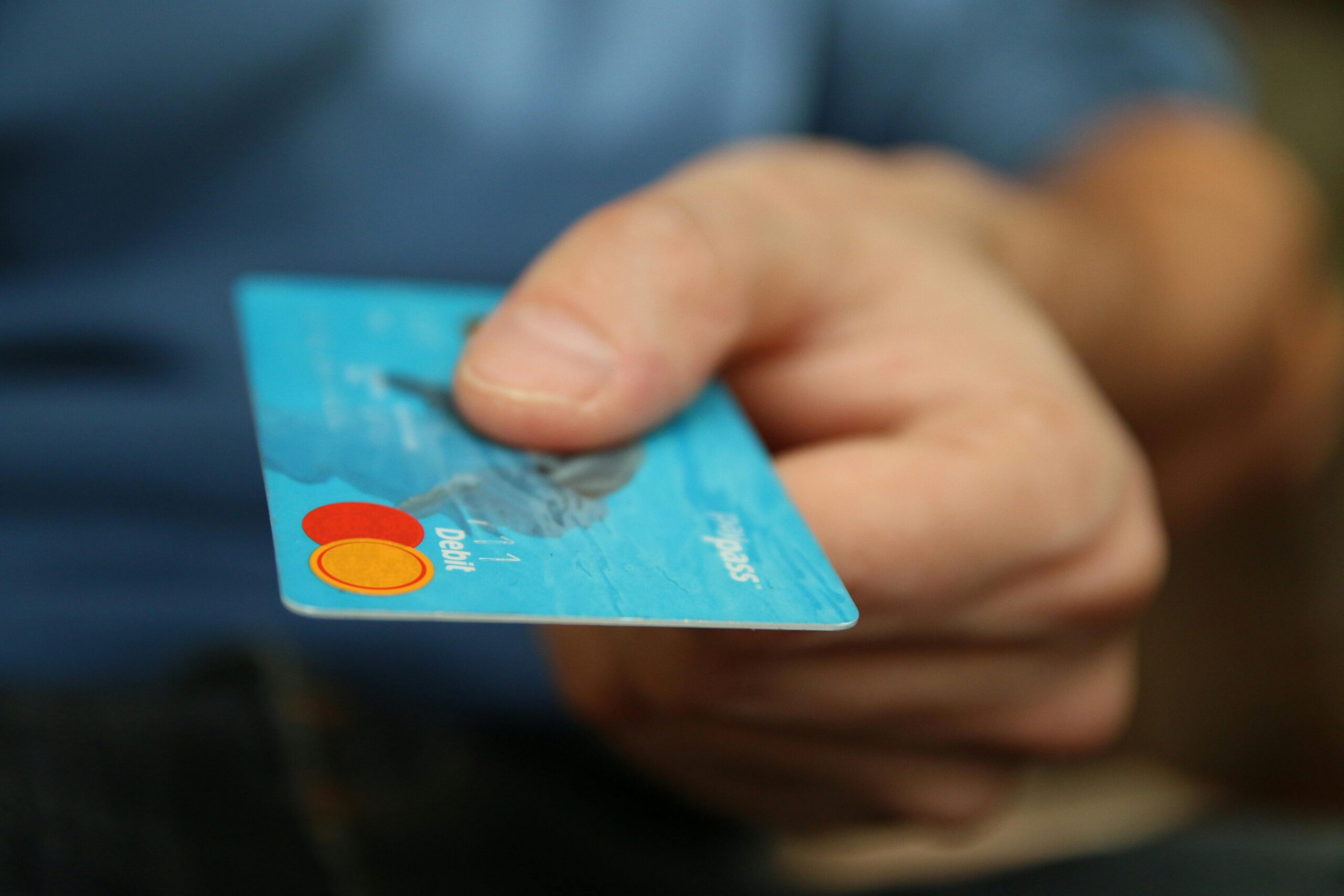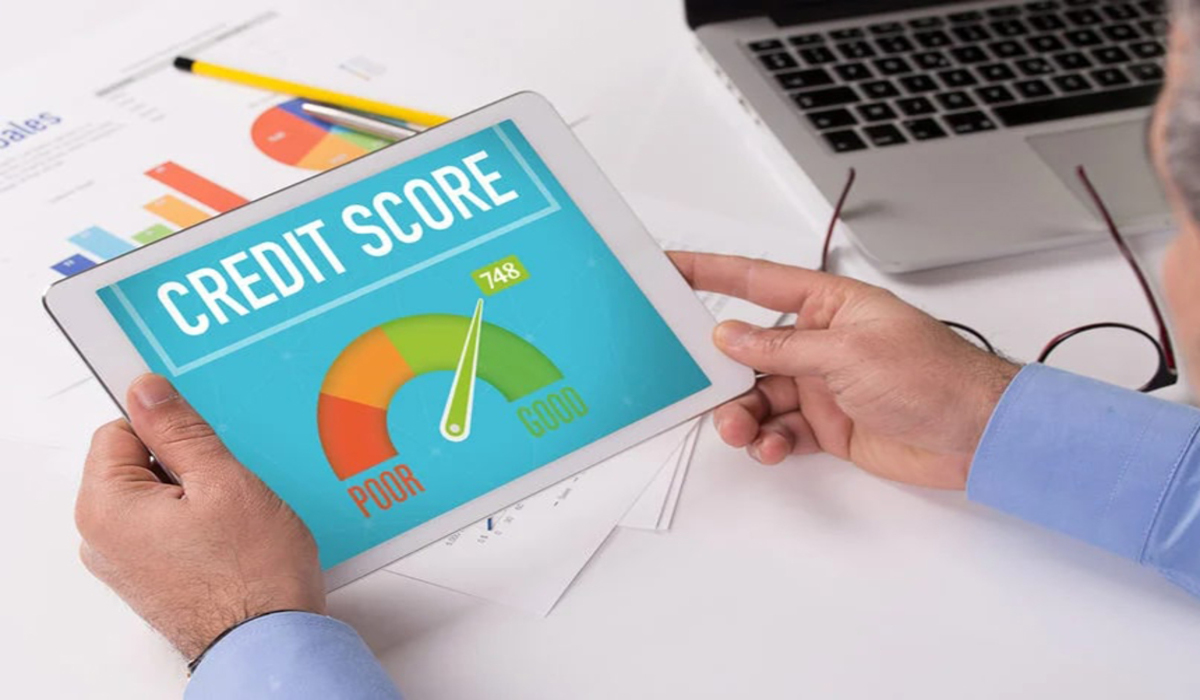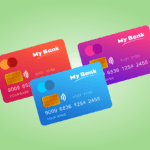Are you struggling with credit card debt? Managing your finances is key to improving your credit score. Here’s how you can tackle your debt:
1. Control Your Spending
Know where your money goes. Review your credit card statements and cut unnecessary expenses like dining out or shopping sprees. Creating a budget can help you track spending and find areas to save. Look for subscriptions you don’t use and cancel them. Redirecting these funds to pay off your debt can make a big difference.
2. Pay More Than the Minimum
Credit cards have high interest rates. Always aim to pay more than the minimum balance to reduce interest costs. Even an extra $20 a month can make a big difference over time. Prioritize paying off the card with the highest interest rate first while maintaining minimum payments on others. This strategy, known as the avalanche method, helps reduce your debt faster and save on interest.
3. Use a Balance Transfer Card
Consider consolidating your debt with a balance transfer card, which often offers lower interest rates and sometimes even a zero-percent interest rate for a limited time. This can give you some breathing room to pay down your balance faster. Be mindful of transfer fees and aim to pay off the balance before the introductory rate ends to avoid higher interest rates.
4. Contact Your Credit Card Companies
Reach out to see if they offer hardship programs to reduce your interest rates or payment amounts. Many companies are willing to help if you communicate your situation. You can also negotiate for a lower interest rate or an extended payment plan. Persistence pays off, so don’t hesitate to ask for better terms.

5. Seek Professional Help
If needed, hire a debt settlement company to negotiate with creditors on your behalf. Credit counseling agencies can also provide guidance and create a debt management plan tailored to your needs. These professionals can help you consolidate your debts into one manageable payment and may even secure lower interest rates on your behalf.
6. Set Up an Emergency Fund
Having an emergency fund can prevent future debt by covering unexpected expenses. Start with small, regular contributions and gradually increase your savings. Even setting aside a small amount each month can build a safety net over time, reducing the likelihood of falling back into debt.
Final Thoughts
Managing credit card debt takes effort, but it is possible with these strategies. For more personalized advice, call our debt relief number by tapping the button below. Remember, every small step counts toward financial freedom!
Do You Have More Than $10,000 In Credit Card Debt and Would Like a Free Debt Relief Consultation?


Why Credit Repair Matters: Simple Insights and Tips

Credit Reports and Scores: Your Ticket to Financial Health

Unlocking Financial Relief: A Guide to Homeowner Aid Programs

Off-Grid Living: How to Be Self-Sufficient and Eco-Friendly

6 Tips for Boosting Your Credit Score Quickly



